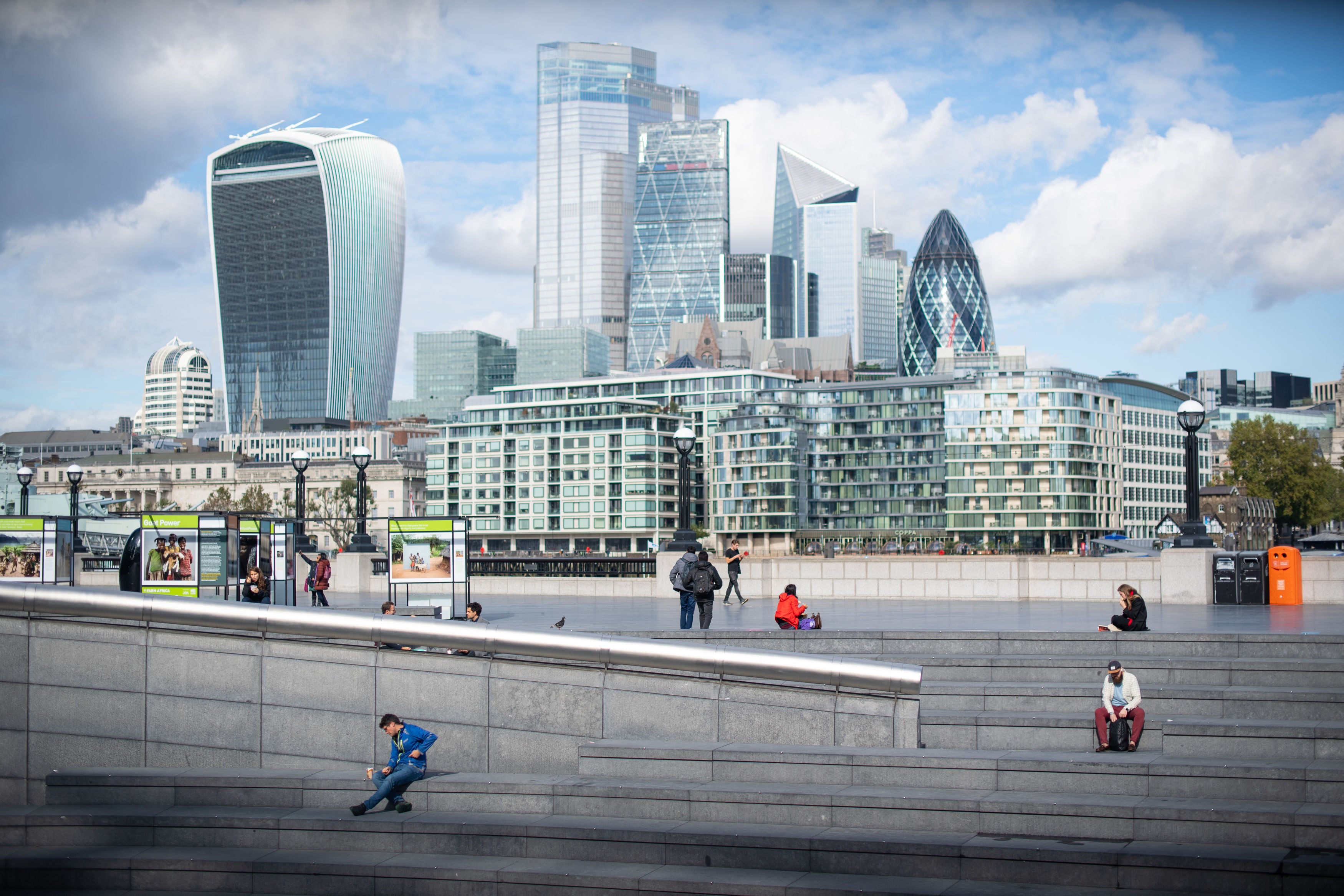Taxpayers on the hook for billions of pounds of Covid loans made to criminals, report finds
Bounce back loans to cost government £26bn in defaults - billions of which may have gone to criminals abusing the scheme

Your support helps us to tell the story
From reproductive rights to climate change to Big Tech, The Independent is on the ground when the story is developing. Whether it's investigating the financials of Elon Musk's pro-Trump PAC or producing our latest documentary, 'The A Word', which shines a light on the American women fighting for reproductive rights, we know how important it is to parse out the facts from the messaging.
At such a critical moment in US history, we need reporters on the ground. Your donation allows us to keep sending journalists to speak to both sides of the story.
The Independent is trusted by Americans across the entire political spectrum. And unlike many other quality news outlets, we choose not to lock Americans out of our reporting and analysis with paywalls. We believe quality journalism should be available to everyone, paid for by those who can afford it.
Your support makes all the difference.Taxpayers may have to pay billions of pounds to underwrite loans made to criminals thanks to the poor design of the government's bounce back loan scheme, a committee of MPs has warned.
In a report published on Wednesday, the National Audit Office found that the scheme could cost taxpayers as much as £26bn to underwrite loans which small businesses cannot pay back after the coronavirus pandemic.
From that “eye-watering” total, billions of pounds could have been handed by banks to fraudsters, said Meg Hillier, chair of the Public Accounts Committee.
"The scheme’s hasty launch means criminals may have helped themselves to billions of pounds at the taxpayer’s expense," Ms Hillier said.
“Sadly, many firms won’t be able to repay their loans and the banks will be quick to wash their hands of the problem.
“The government estimates that up to 60 per cent of the loans could turn bad – this would be a truly eye-watering loss of public money.”
Meanwhile, banks will collect fees and interest payments of up to 2.5 per cent per year on an estimated £43bn of lending.
Campaign group Positive Money estimates that could mean hundreds of millions of pounds of profits for banks who have taken no risk because loans are 100 per cent guaranteed by the taxpayer.
The NAO said the Treasury did not develop a business case for the scheme, which meant that it "lacked clear objectives" beyond the aim of fast financial support for smaller SMEs.
It was also left open to fraud because it relied fully on "self-certification" by borrowers, unlike the Swiss and German loan schemes it imitated, the NAO said.
For the first four weeks of the scheme’s operation, there was no system in place to prevent businesses receiving loans with multiple lenders even though this was against the rules.
It emerged last week that the boss of the state-owned British Business Bank, which oversees the scheme, raised concerns about its vulnerability to fraud.
The National Crime Agency has also launched an investigation into organised criminals collecting bounce back loan money.
Rishi Sunak unveiled the bounce back scheme in May after the existing Coronaviris Business Interruption Loan Scheme (CBILS) failed to get money to small businesses who needed it.
Firms found that high street lenders were refusing to lend to them under CBILS because the government only backed 80 per cent of the borrowing, leaving banks on the hook for some losses if they defaulted.
Bounce back loans of up to £50,000 are available to businesses of any size with few checks carried out.
In his Winter Economic Plan unveiled last month, Mr Sunak extended the repayment period for bounce back loans to up to 10 years.
The true scale of taxpayer losses will not begin to become known until at least May next year when businesses must make their first repayments, the NAO said.
Fran Boait, executive director of Positive Money, said the UK was walking into another "implicit bailout" of banks.
“Far from simply helping small businesses to bounce back, the government’s loan schemes risk burdening them with unsustainable levels of debt, which many will struggle to repay," she said.
“Unfortunately lending schemes have been designed to first and foremost protect the interests of banks, who are able to charge interest on loans which are fully guaranteed by the government, while shouldering the costs on the rest of us.
“The original Swiss programme the Bounce Back Loan Scheme was modelled on forbids lenders from charging any interest on such fully guaranteed loans. In the UK, lenders are able to charge interest rates of 2.5 per cent on these loans, which could mean banks receiving an income stream in the hundreds of millions of pounds without having to take on any risk."


Join our commenting forum
Join thought-provoking conversations, follow other Independent readers and see their replies
Comments